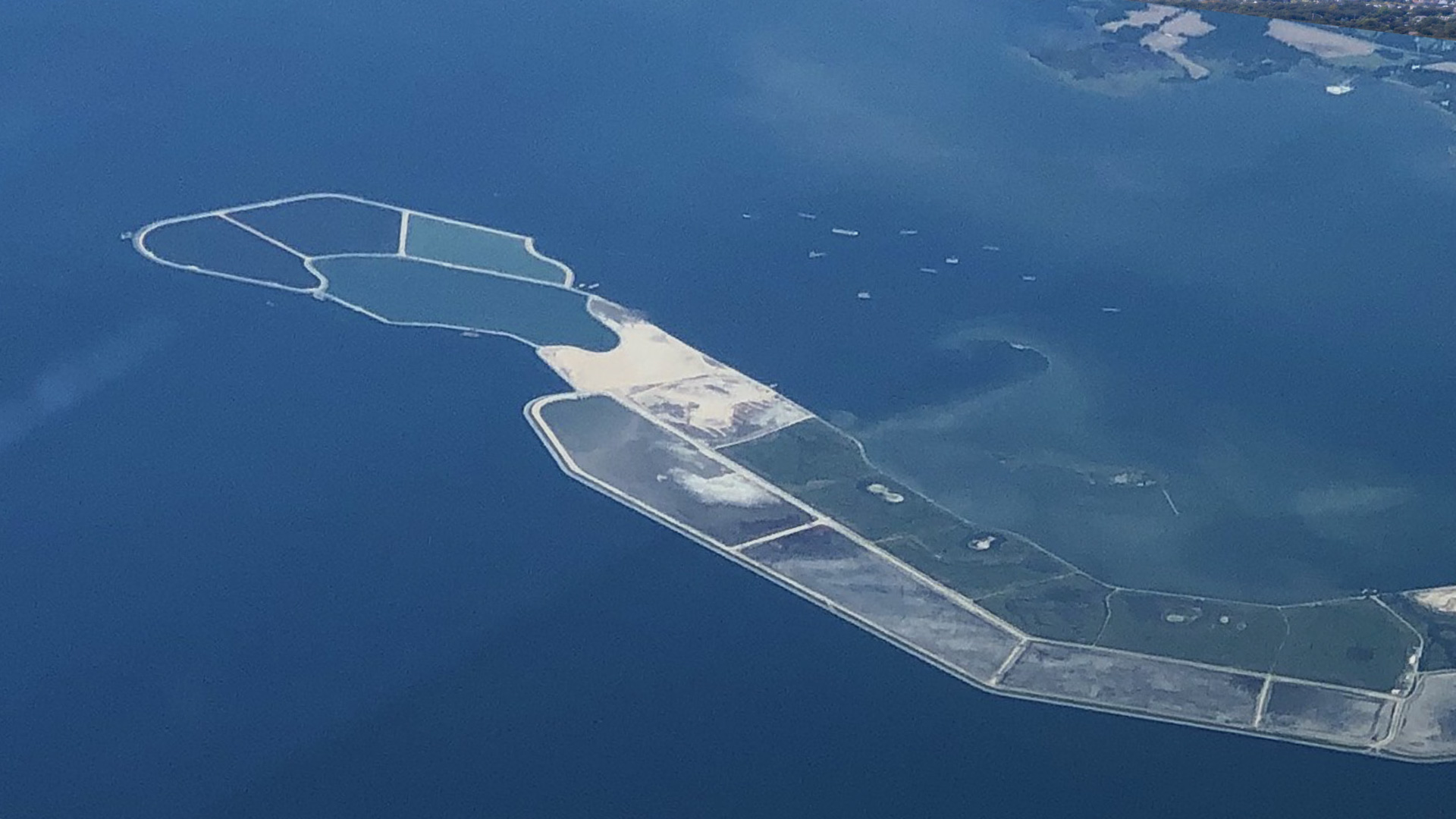Key Federal Funding for Maryland’s Water Infrastructure Projects
Legislation Includes Over $90 Million for Regional Waterway Projects, Including Baltimore Harbor Dredging and Poplar Island Construction
U.S. Senators Chris Van Hollen and Ben Cardin, both Democrats representing Maryland, have successfully secured $3,030,000 in federal funding for critical water infrastructure projects in Charles and Wicomico Counties. These funds are included in a significant Senate Committee legislation package that aims to enhance Maryland’s waterways and shipping channels. As members of the Senate Appropriations Committee, the Senators played a pivotal role in securing these funds as part of the Senate Appropriations Subcommittee on Energy and Water Development’s (E&W) proposed fiscal year 2025 funding.
$3 Million Investment in Maryland’s Water Infrastructure
The recently approved funding includes direct federal investment in two essential water infrastructure projects:
Chesapeake Bay Environmental Restoration & Protection Program (Hebron)
- Project Purpose: This project will receive $300,000 to develop a scoping report and initiate a feasibility study for water infrastructure improvements. The project aims to mitigate flooding, manage stormwater, and enhance resilience within the Town of Hebron and the Nanticoke River Watershed.
- Location: Wicomico County
Maryland, Section 219 (Charles County – Lower Mattawoman)
- Project Purpose: With an allocation of $2,720,000, this project will address defects in the Lower Mattawoman Interceptor by completing the feasibility and design phases and initiating rehabilitation construction. The project aims to reduce high levels of base infiltration, which could overwhelm the downstream Mattawoman Wastewater Treatment Facility.
- Location: Charles County
Enhancing Maryland’s Ports and Shipping Channels
The Senators also secured essential resources for Army Corps projects in Maryland, focusing on enhancing the state’s ports and shipping channels. The funding will support the following Maryland operations, maintenance dredging, and construction projects:
- $49 million for Baltimore Harbor and Channels
- $1 million for Baltimore Harbor drift removal
- $246,000 for Cumberland, Maryland, and Ridgeley, West Virginia
- $9.7 million for Jennings Randolph Lake in Maryland and West Virginia
- $515,000 for Ocean City Harbor and Inlet and Sinepuxent Bay
- $5 million for Wicomico River
- $18.4 million for the Intercoastal Waterway, Delaware River to Chesapeake Bay, Delaware and Maryland
- $10 million for Poplar Island construction
- $900,000 for Assateague Island
Harbor Maintenance Trust Fund: Boosting Navigation and Commerce
The bill provides an unprecedented $3.1 billion, marking a $319 million increase from FY24, for the Harbor Maintenance Trust Fund. This funding is crucial for improving navigation through dredging ports, maintaining the nation’s waterways, and ensuring that goods and people can move efficiently.
Addressing Climate Change with Water Infrastructure Upgrades
Senators Van Hollen and Cardin emphasized the importance of updating water infrastructure to adapt to climate change, ensure access to clean water, and build more resilient communities. The federal funding reflects their commitment to investing in community-led initiatives that enhance the quality of life for all Marylanders.
Department of Energy Investments: Strengthening Energy Security and Innovation
The legislation also includes significant investments for the Department of Energy’s non-defense programs:
- $17.7 billion for non-defense programs, including $8.6 billion for the Office of Science to advance research in artificial intelligence, clean energy, and high-performance computing.
- $3.46 billion for energy efficiency and renewable energy programs, including $459 million for the Advanced Research Projects Agency-Energy (ARPA-E).
- $200 million for Cybersecurity and Energy Security to protect the nation’s energy grid, along with $280 million for the Office of Electricity.
Supporting Economic Development in the Appalachian Region
The bill allocates $200 million to the Appalachian Regional Commission to continue serving communities across the Appalachian region, including Western Maryland. These funds will drive economic opportunity and improve the quality of life for residents.
Conclusion: Building a Stronger Maryland with Strategic Investments
This comprehensive funding package underscores the ongoing efforts of Senators Van Hollen and Cardin to enhance Maryland’s infrastructure, economy, and environmental resilience. By securing these critical investments, they are helping to build a stronger, more sustainable Maryland for the future.
